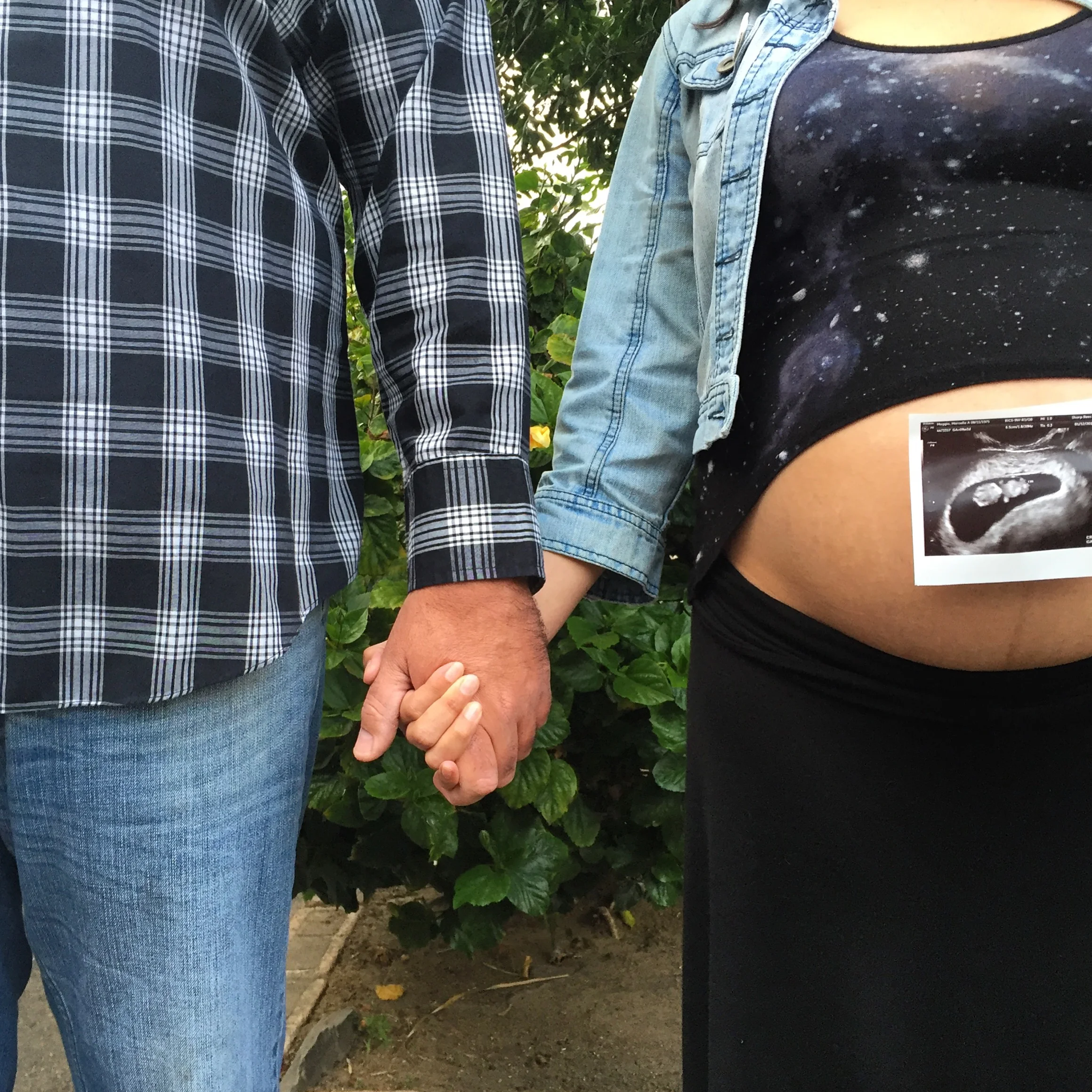“If I ignore my past, I affect my future, and risk recycling ACEs.”
What are ACEs?
As the number of ACEs increases, so does the risk of developing:
Alcoholism & alcohol abuse
Depression
Illicit drug use
heart disease
Liver disease
Poor work performance
intimate partner violence
Multiple sexual partners
Sexually transmitted infections
Smoking
SUICIDAL thoughts/attempts
Unintended pregnancies
Early initiation of smoking
Early initiation of sexual activity
Adolescent pregnancy
sexual violence
Poor academic achievement
When youth are traumatized, especially by guardians, their brains develop differently to survive the trauma. Which means their brains change to process reaction times faster or slower or not at all. The Center for Disease Control (CDC) labelEd this type of trauma as Adverse Childhood Experiences (ACEs) & measured it into three categories:
Childhood abuse: emotional, physical, and sexual;
Neglect: both physical and emotional; and
Family dysfunction: growing up in a household where there was substance abuse, mental illness, violent treatment of a mother/stepmother, a parental separation/divorce, or a member of the household went to prison.
Take the FREE, anonymous, ten-question ACEs quiz to discover if childhood trauma caused you adulthood drama. No blame, no shame — when we know, we grow.
What is toxic stress?
In times of stress, our heart beats faster, our blood pressure increases, and adrenaline and cortisol (the stress hormone) surge through our system to make us stronger, faster, and more alert. This is our body’s way of reacting to a trigger, and depending on what it’s learned is best in that situation, you will fight, flee, or freeze. But, this response was only meant to happen for brief periods. In a chronically stressful environment, the body's stress response is always on.
If the brain is constantly exposed to a toxic environment, it will shut down to protect itself. The brain continues to work, but it’s rate of growth slows down, creating a vulnerability to anxiety and depression. The earlier the exposure, the longer the effects unless resiliency is learned and practiced in every day life.
Toxic stress not only impacts our health, but also our wealth and ability to break the cycle. Unless we bring attention and action to unpacking and understanding our childhood traumas, our triggers are bound to repeat into unhealthy beliefs and behaviors, potentially self-sabotaging partnerships, whether business, platonic or romantic.
Thankfully, biology and history are not destiny. Many of the effects of toxic stress can be reversed. Relationships are key and having a healthy, supportive, reliable one with a Trusted Adult has an extraordinary capacity to strengthen people – children and adults – against the damaging effects of toxic stress.

